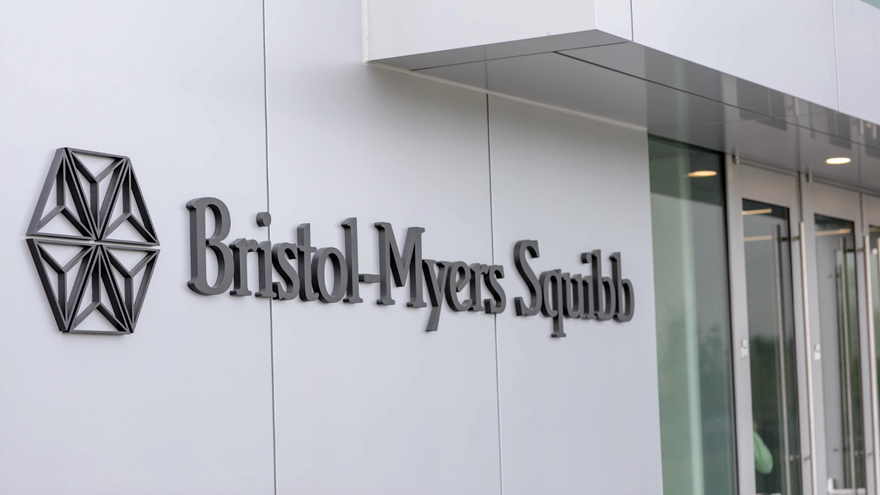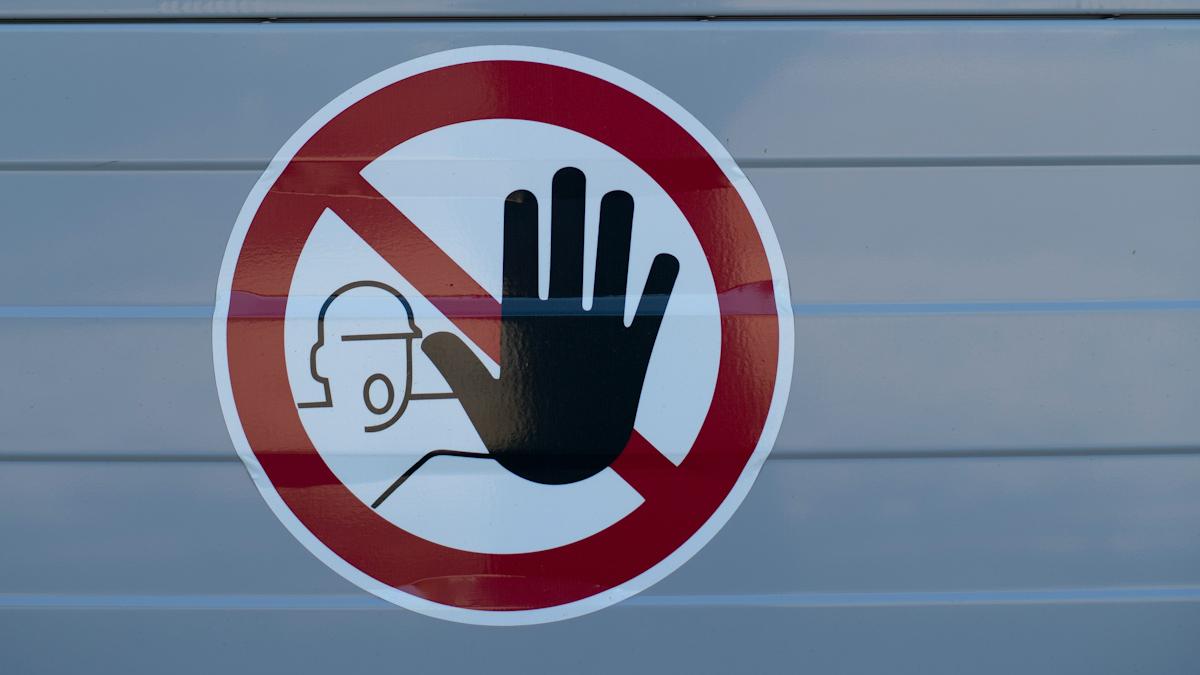BMS 'bet' with Celgene shareholders in balance after CAR-T refile

Bristol-Myers Squibb and bluebird bio have refiled their CAR-T therapy for multiple myeloma, leaving the outcome of a three drug “bet” with former Celgene shareholders dependent on a fast review from the FDA.
BMS gave Celgene’s shareholders a “Contingent Value Right” (CVR) to sweeten the $74 billion merger last November.
Each shareholder got one CVR that pays out $9 if three of Celgene’s pipeline drugs are approved by the FDA by certain deadlines.
The multiple myeloma CAR-T known by the name of idecabtagene vicleucel – shortened to the slightly more catchy ide-cel – must be approved by March 31 next year.
This filing for relapsed and refractory disease provides further details in a Chemistry, Manufacturing and Controls (CMC) module to address outstanding questions from the FDA, which rejected a previous submission in May.
So far only one of the drugs has been approved on time – MS drug Zeposia – and the FDA is due to make a decision on the third CVR drug, another CAR-T therapy for certain lymphomas, on 16 November ahead of a 31 December deadline.
The timetable for ide-cel is also tight: as a Breakthrough Therapy it is entitled to a faster six-month review from the FDA.
After an initial rejection in May, BMS is now relying on the FDA maintaining the drug’s Breakthrough Therapy status for it to get approved on time.
A six-month review would set up an FDA decision date in January, but a standard 10-month review would likely push a decision beyond the 31 March deadline.
There was no word from BMS on whether the FDA has granted the Priority Review – the regulator may decide that the clinical data does not support this, or it may reject the drug outright.
The impact of COVID-19 may also be a worry for holders of the CVR, which can be traded publicly under the ticker BMY-RT.
Disruption caused by COVID-19 has led the FDA to cancel several advisory board meetings, where experts provide non-binding advice to the regulator about the pros and cons of potential new drugs and therapies.
The FDA warned in May that COVID-19 could delay decisions as it prioritises resources to review potential vaccines, drugs and therapies to combat the coronavirus pandemic.
Analyst Mike Bailey told CNBC news in June that reviews of cancer drugs were unlikely to be affected – but given the many uncertainties during the pandemic this could change very quickly.
Originally codenamed bb2121, ide-cel was developed by Celgene and bluebird before the merger with BMS.
It works differently from other CAR-Ts on the market by targeting B-cell maturation antigen (BCMA), which is often found on the surface of malignant B-cells that cause multiple myeloma.













